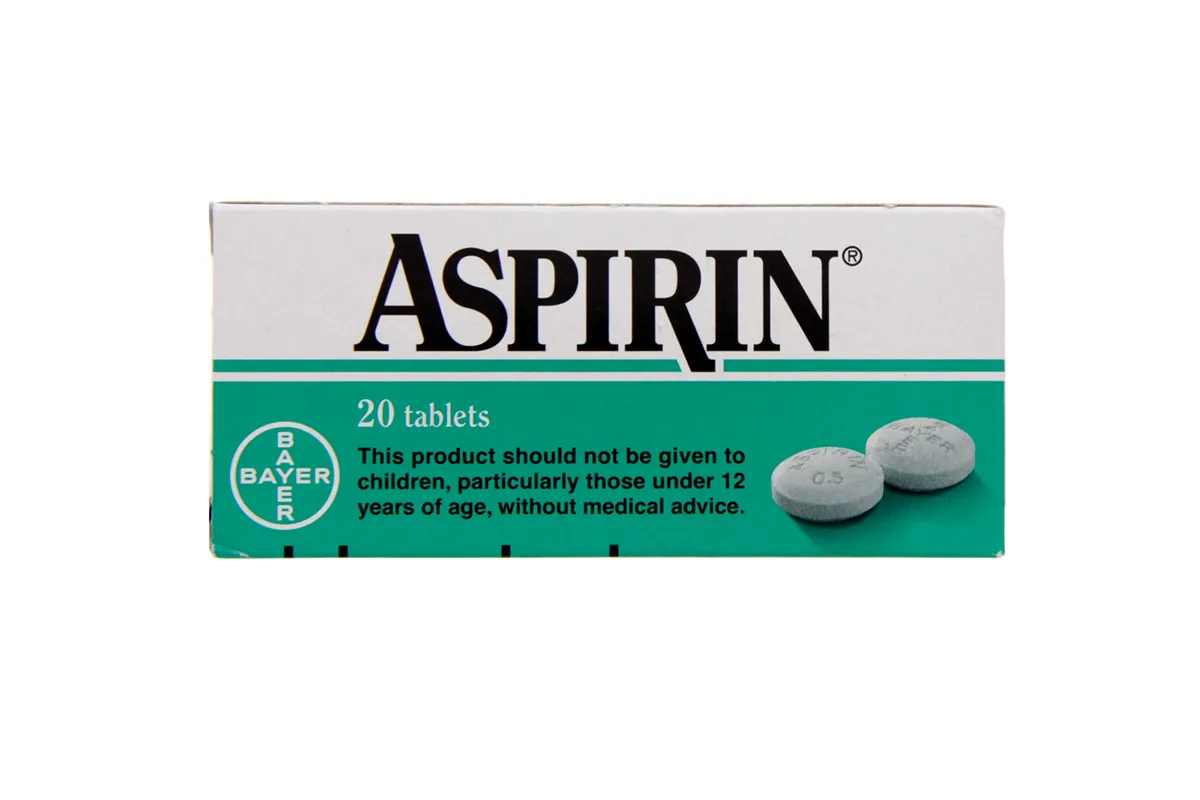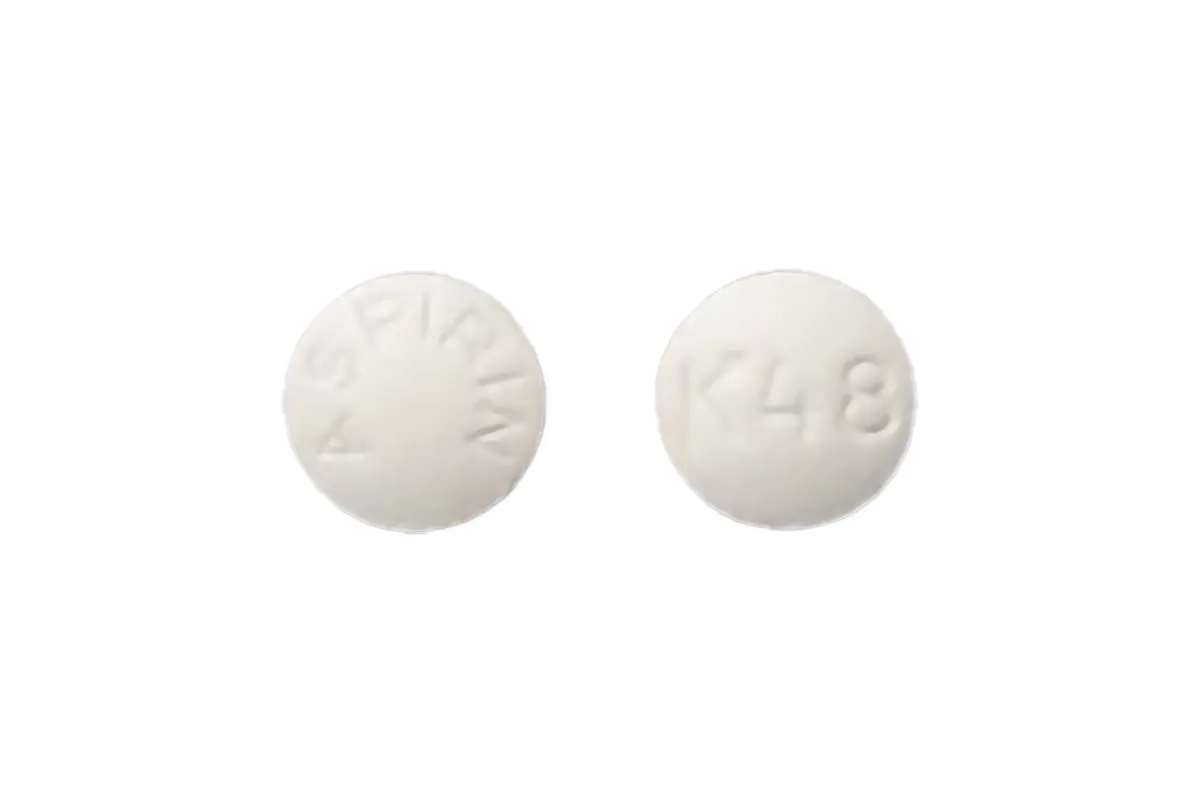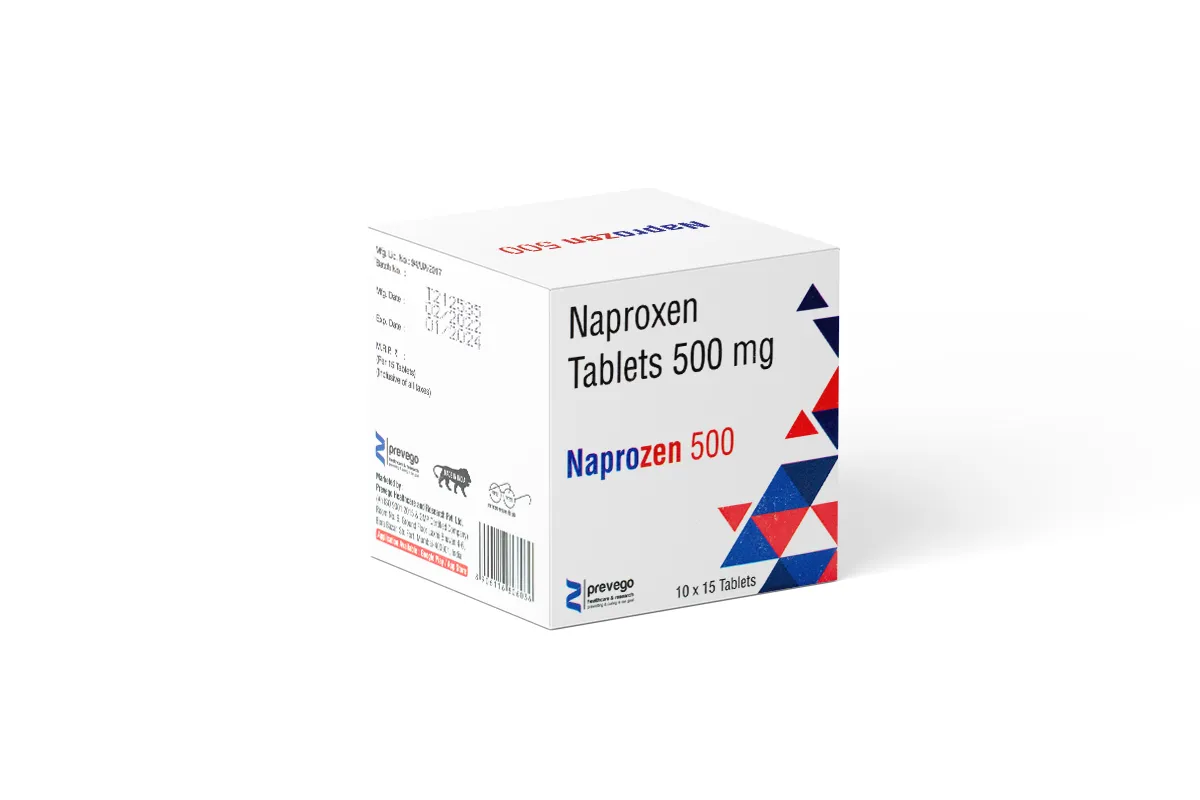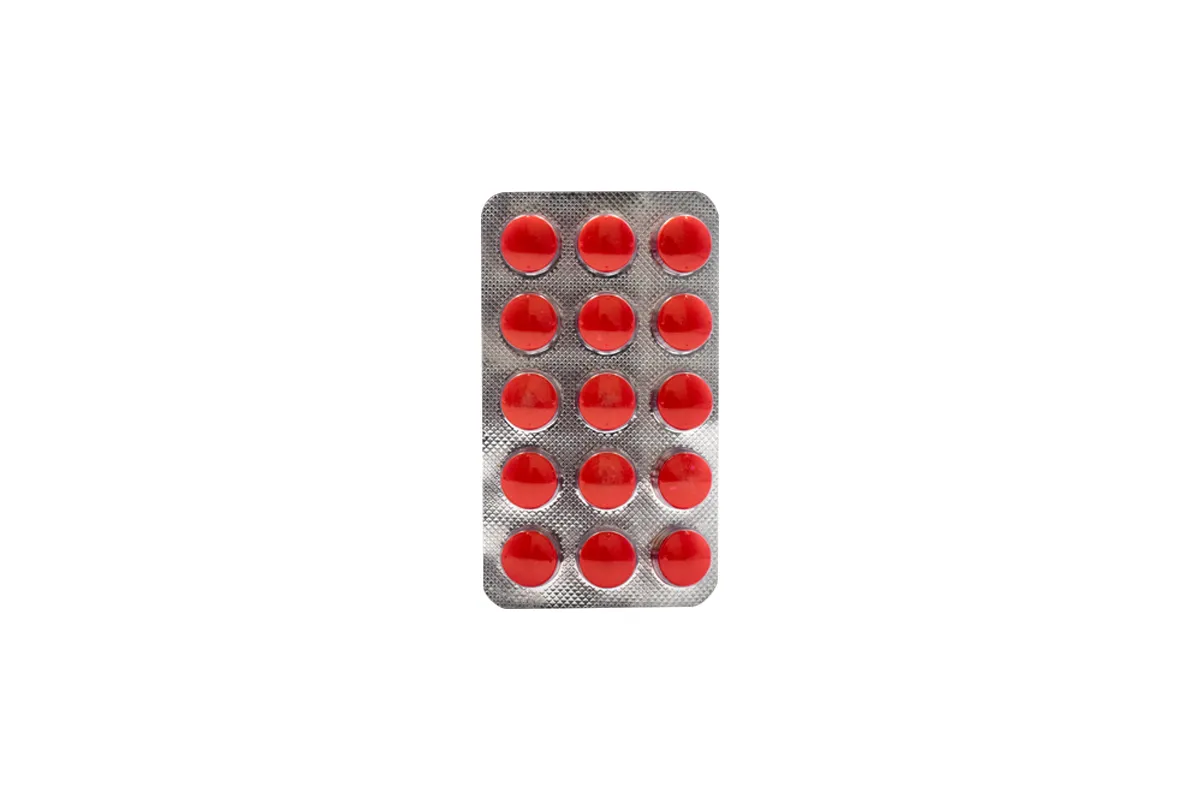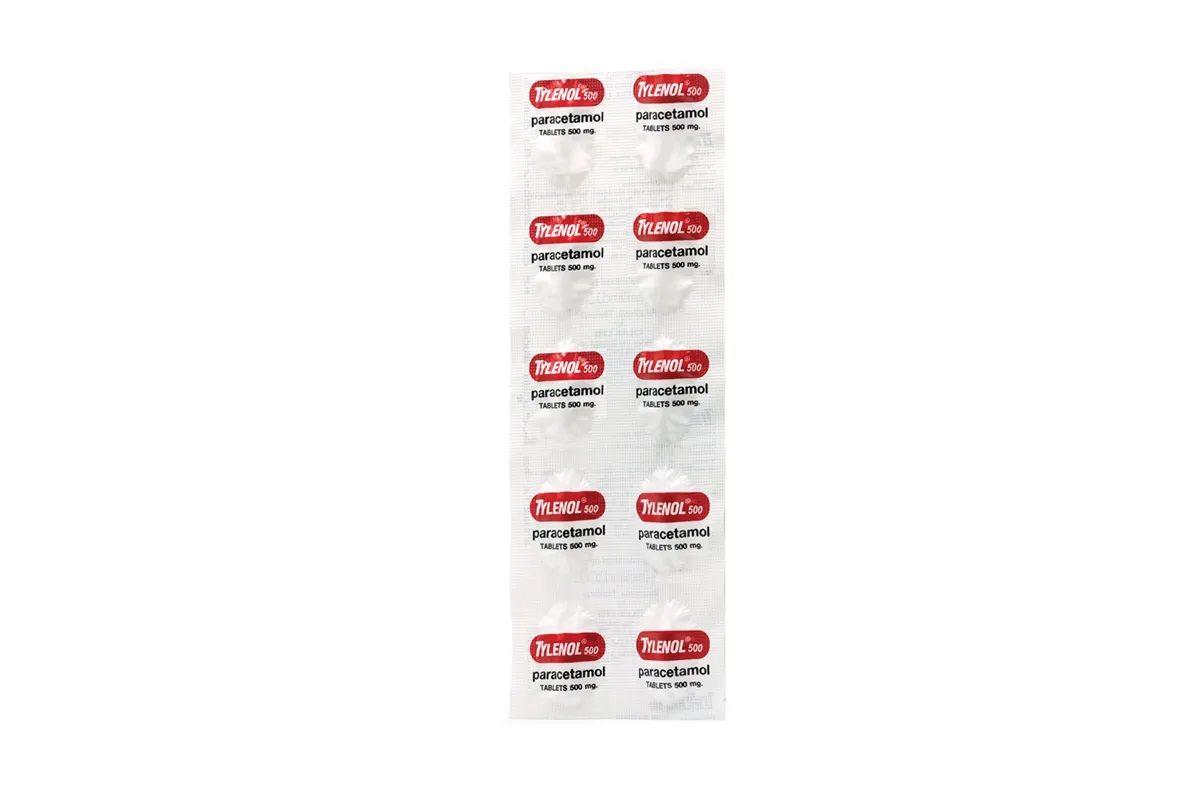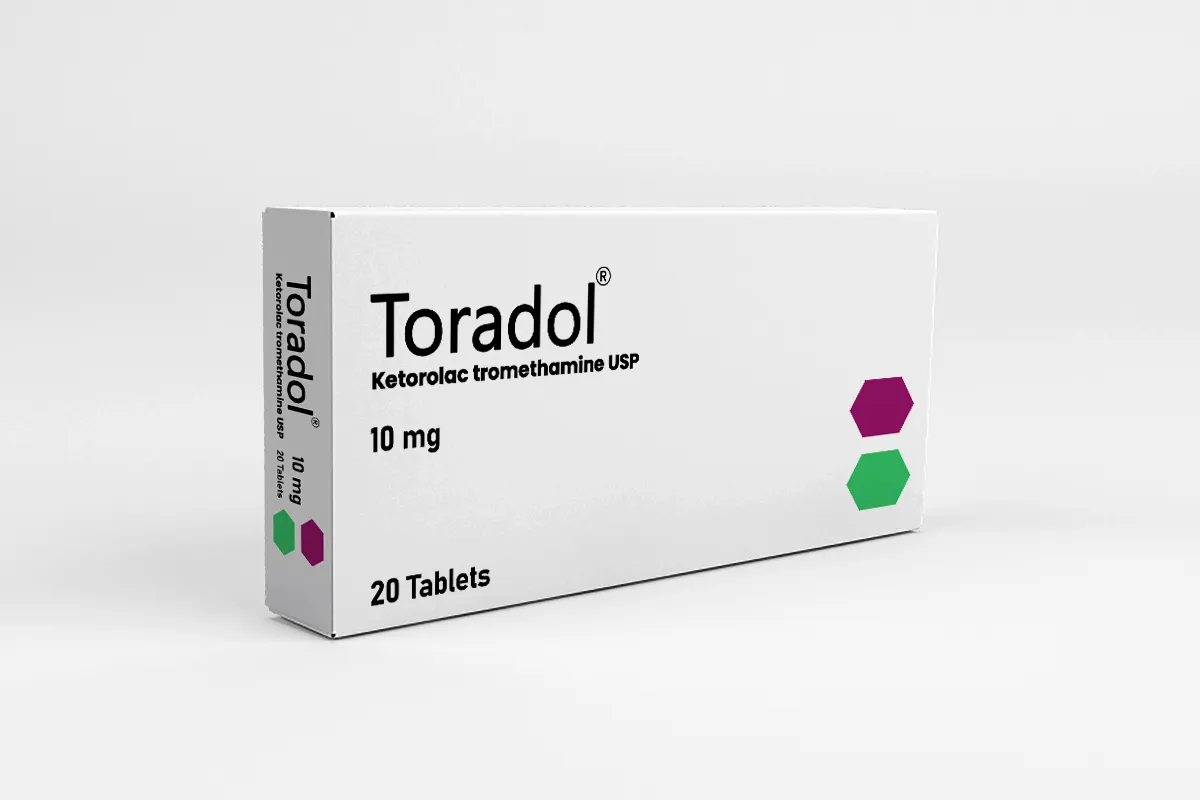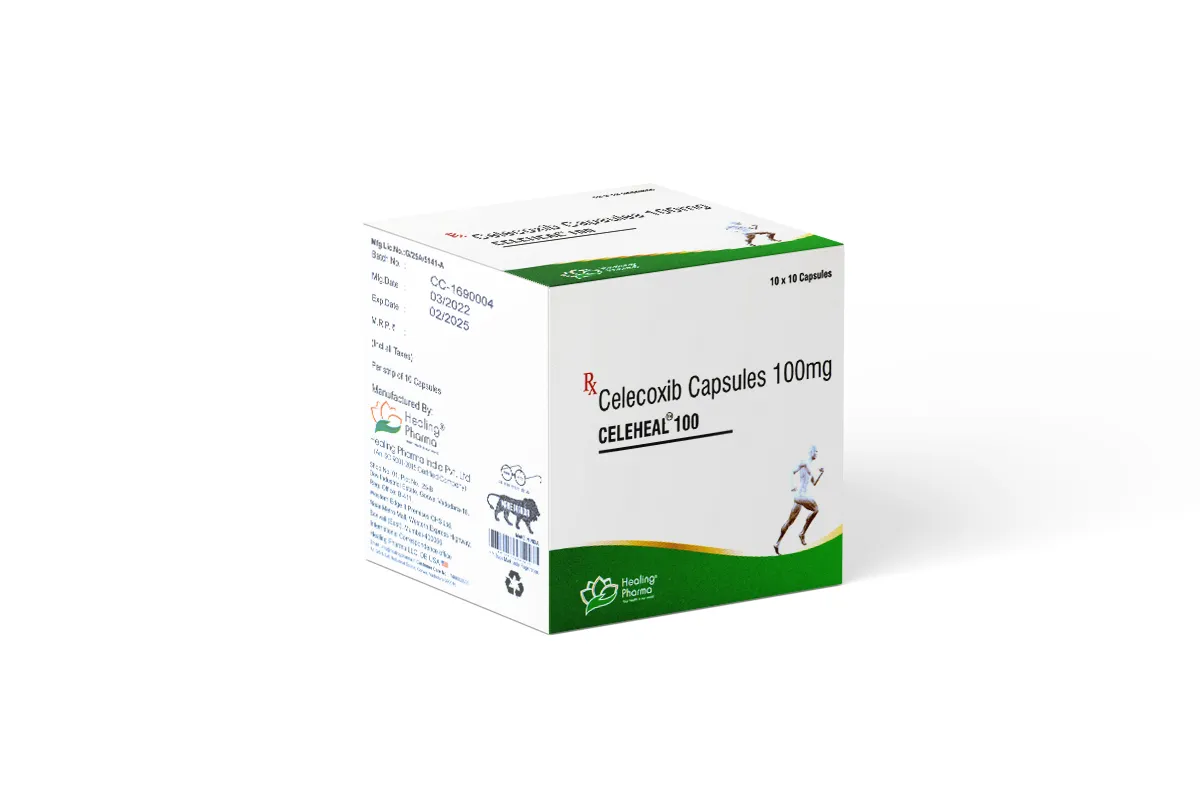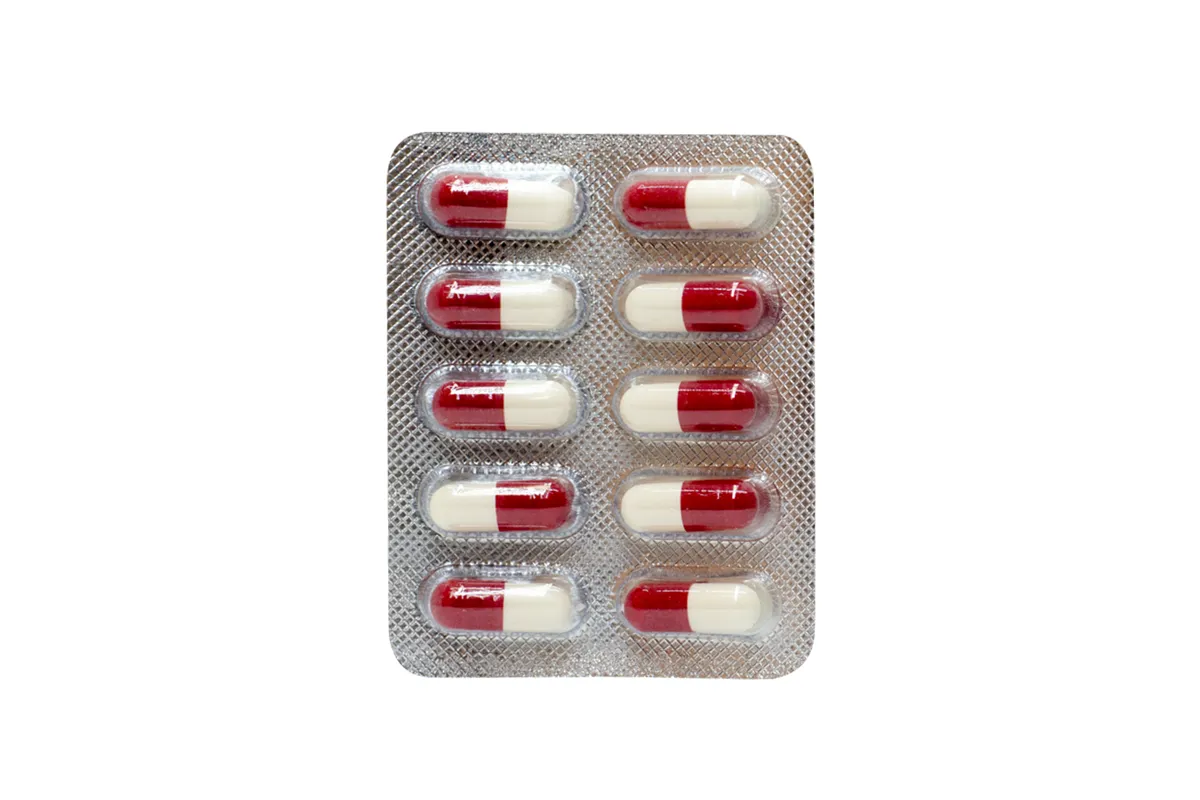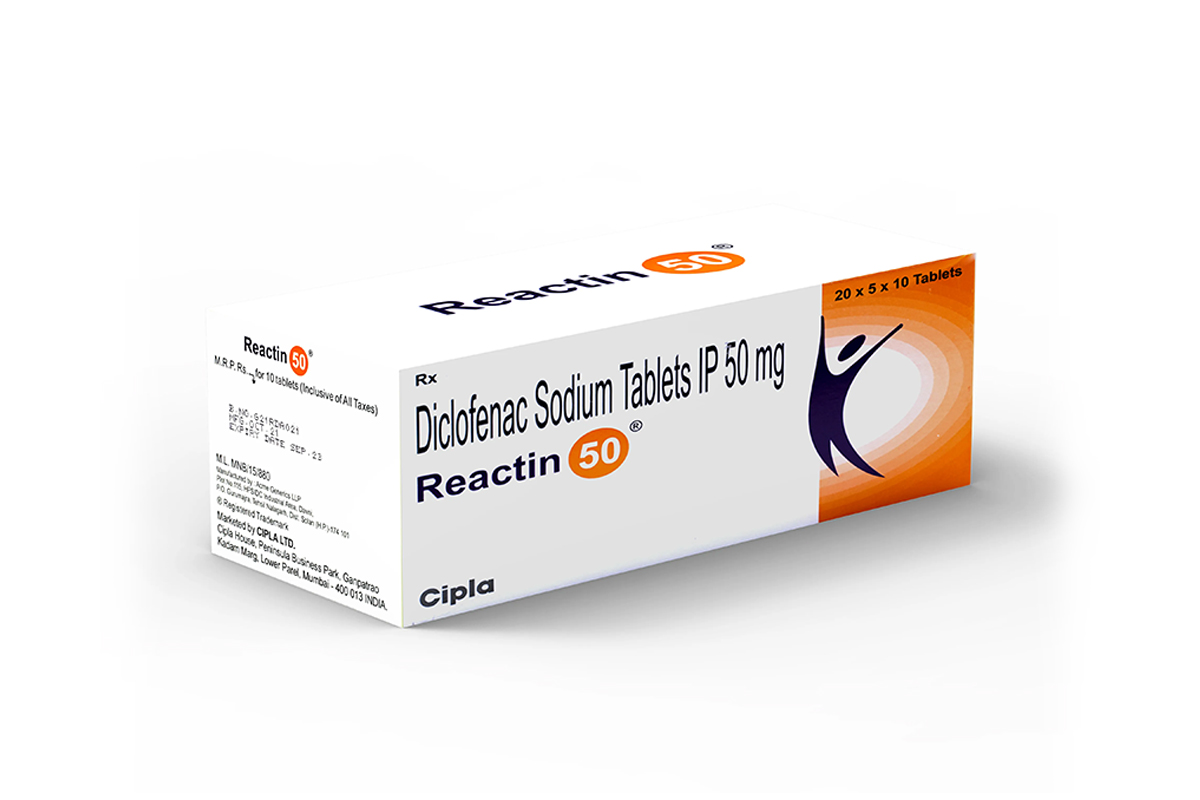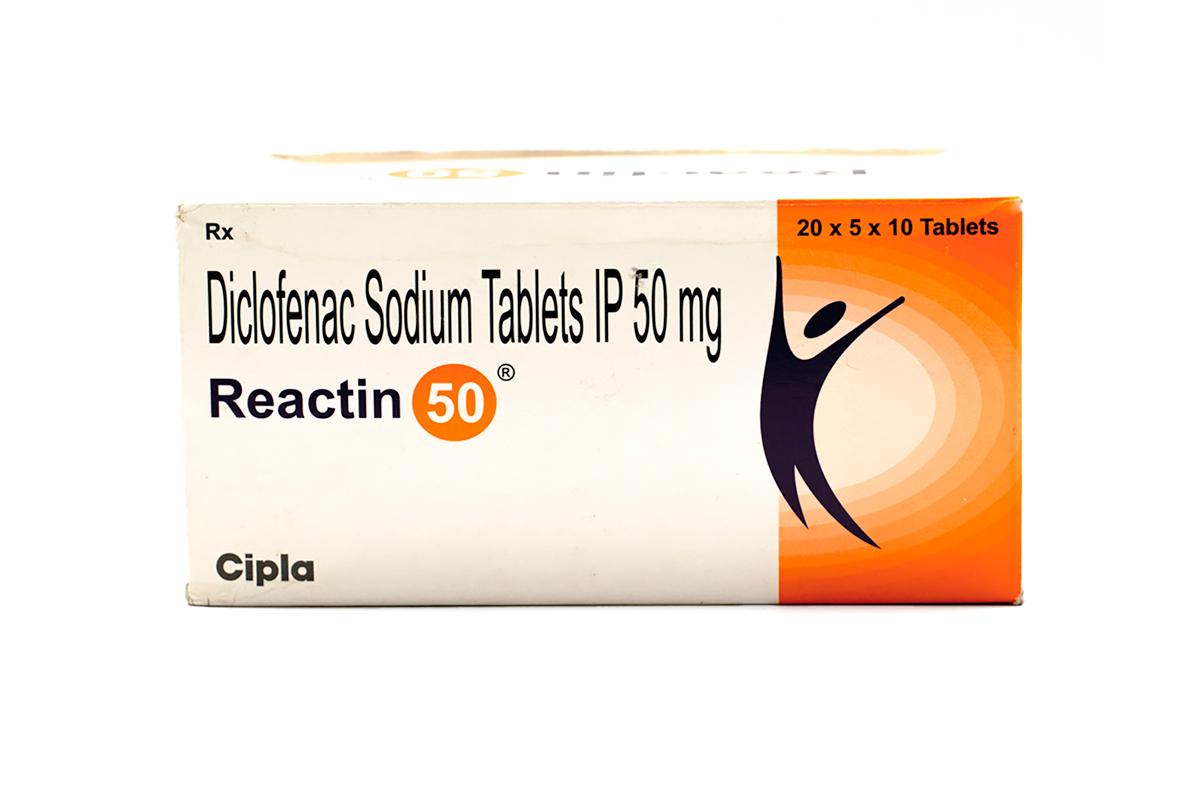Suggested Medicines
Aspirin is a part of the nonsteroidal anti-inflammatory drug class. Aspirin was the first medicine of this type to be found. Aspirin contains salicylate, a chemical found in plants such as the willow tree and myrtle. It was used for the first time roughly 4,000 years ago. It reduces pain and swelling by blocking a particular natural chemical in your body.
A Brief On Aspirin
Aspirin is a widely used medication for relieving pain, reducing fever, and preventing blood clots. It belongs to a class of nonsteroidal anti-inflammatory drugs (NSAIDs), which reduce inflammation and pain in the body. Aspirin help with headaches and other common issues.
How Aspirin Works?
Aspirin works by stopping the activity of an enzyme called cyclooxygenase (COX), which is responsible for the production of prostaglandins. Prostaglandins are one of several hormones-like substances the body makes that respond to injury and inflammation and are responsible for causing pain, fever, and inflammation.
Usages Of Aspirin
As mentioned above, Aspirin is a pain reliever and anti-inflammatory medication used to relieve pain, reduce fever and inflammation, as well as to prevent cardiovascular disease. Aspirin has several usages, on-label and off-label.
Dosages, Forms, And Strengths Of Aspirin
| Forms | Strength | Dosages |
| tablet | 81mg,325mg, 500mg |
Use and dose as prescribed by your doctor |
| tablet, delayed-release | 162mg, 325mg, 500mg |
Use and dose as prescribed by your doctor |
| tablet, chewable | 81mg |
Use and dose as prescribed by your doctor |
Precautions Of Aspirin
- Inform your doctor about your medical condition and the medicine you are using before taking Aspirin.
- Always follow the recommended dose written on the label or as your doctor advises. Taking too much Aspirin and using it for a prolonged period may cause stomach irritation and bleeding.
- Take aspirin with food or milk. It can help reduce stomach irritation and reduce the risk of bleeding.
- Avoid alcohol while using Aspirin. It may increase the risk of stomach irritation and bleeding
- Avoid using aspirin if you are scheduled for surgery, it is important to stop using Aspirin at least 7 to 10 days before surgery to minimize the risk of bleeding.
- If you are facing any side effects, such as an allergic reaction, rash, sink allergies, or difficulty in breathing, immediately stop taking it and visit the doctor
- Alcohol and Aspirin combination will be consequences related to health.
- Store metaxalone at room temperature and keep it away from direct sunlight.
- Avoid using Aspirin while pregnant.
Side Effect Of Aspirin
| Common side effects | Serious side effects |
| Upset stomach, nausea, and vomiting | Stomach ulcers or bleeding |
| Heartburn and stomach pain | Shortness of breath |
| Headache and dizziness | Irregular heartbeat |
| Rash or itching | Seizures or coma |
| Tinnitus (ringing in the ears) | Reye's syndrome |
Interactions Of Aspirin
- Antacids: Antacids may affect the effectiveness of Aspirin by reducing its absorption in the stomach.
Corticosteroids- Aspirin may increase the risk of stomach bleeding when taken with Corticosteroids such as prednisone
- Alcohol- drinking alcohol while taking Aspirin may increase the risk of stomach irritation and bleeding.
- Other blood thinners- Taking Aspirin with other blood thinners, such as Warfarin, Heparin, can raise the risk of bleeding
- Non-steroidal anti-inflammatory drugs (NSAIDs)- Taking Aspirin with other NSAIDs, such as naproxen and ibuprofen, may increase the risk of bleeding, stomach irritation, and ulcer.
- Herbal Supplements: Taking Aspirin with herbal supplements such as garlic, ginkgo, and ginger may raise the risk of bleeding.
- Methotrexate: Aspirin can increase the risk of side effects when taken with methotrexate, a medication used to treat certain types of cancer and autoimmune disorders.
Is it Safe to give Aspirin to Children?
Aspirin is normally not recommended for people under the age of 18. This is because it raises the risk of Reye's syndrome, a dangerous disorder that can develop after a viral infection such a cold, the flu, or chickenpox. Reye's syndrome can result in death or irreversible brain damage. If a child needs to prevent blood clots after heart surgery, a doctor may prescribe aspirin under supervision.
Can You Buy Aspirin 100 Mg Online?
Yes, you can buy Aspirin online, but before buying Aspirin online, make sure to choose a reputable and certified pharmacy. Look for a pharmacy website approved by the FDA and displays the FDA seal on its site. This indicates that they are licensed and comply with state and federal laws.
Many fraudulent websites sell counterfeit or substandard medication. So be aware of fake and illegal pharmacies while buying Aspirin online.
Can You Get Aspirin Over the Counter?
Yes, Aspirin is over a counter medication that can be purchased without a prescription from a drug store or pharmacy. Although it is available without a prescription, we recommend you to consult with your healthcare provider before using Tylenol and use it according to their advice.
Conclusion
Aspirin is a common pain reliever and anti-inflammatory medication that is used to treat various conditions such as fever, headache, toothache, muscle aches, and muscle cramps. Acetylsalicylic acid is the active ingredient in Aspirin. It works by reducing the production of certain chemicals in the body that causes pain, fever, and inflammation.
It is available online and offline over the counter. Use it as recommended by the doctor or according to the guideline on the label. Do not increase the dosage and the duration of Aspirin. It may cause unwanted side effects. Remember to use aspirin by following caution and precaution


